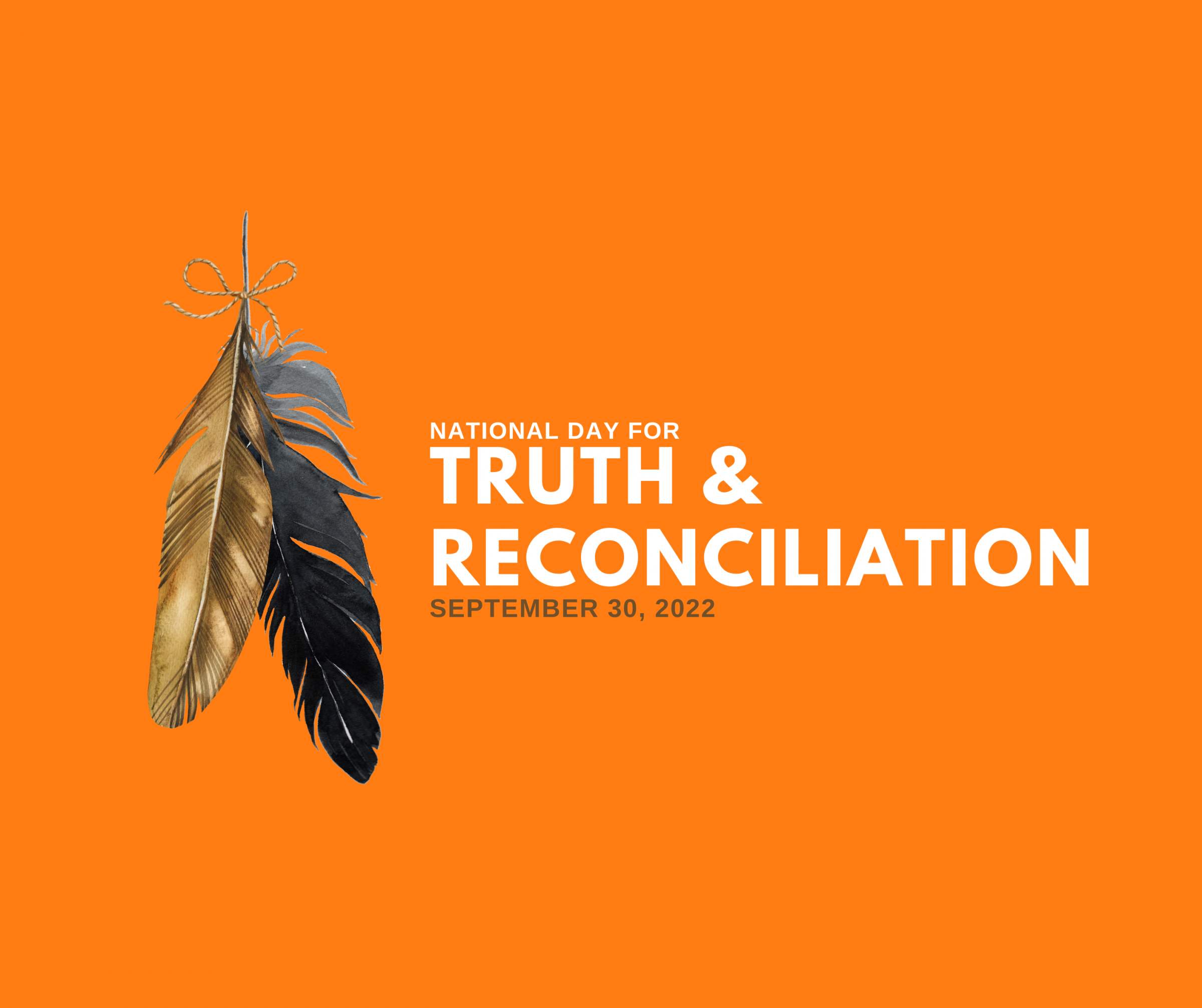
Today, 30 September, is National Day for Truth and Reconciliation, a federal statutory holiday for acknowledgment and remembrance of the harm done to the self-esteem and well-being of First Nations, Inuit, and Métis children by Canada’s residential school system.
The purpose of the Canadian residential school system was to make First Nations children like Europeans in every way by isolating them from the rest of Canadian society. Although Saskatchewan’s last residential school closed its doors in 1996, the intergenerational trauma this brutal system caused is still present today.
Physical, sexual, and psychological abuse were pervasive in these schools. Children as young as four were forcibly removed from their homes and families to attend boarding schools, which were hundreds of kilometres away.
They were prohibited from speaking their native tongue or practising their culture, and they couldn’t worship according to their spirituality. They were often given new Christian names, or even just numbers, and told their parents were savages who would never see them again.
Numerous youngsters never made it home.
They died due to disease, malnutrition, and abuse.
Others fled, only to freeze to death or become prey for animals. Some committed suicide.
Others, nonetheless, vanished without a trace.
Reminding us of the atrocities they endured. Their bodies rest in unmarked graves across the country.
We must work together to achieve justice for past harms and ensure equality for all people in Canada.
Truth and Reconciliation Day is a time for us to remember the terrible things that were done in the name of “Christianity and civilization” and to recommit to being a nation that values every human life, regardless of race, religion, or creed, as well as to reflect on our histories, accept responsibility for past wrongs, examine our privileges, and commit to change.
It requires us to listen to one another with humility, an open mind, and no preconceived notions. As individuals, we must also collaborate with others to build bridges of understanding between communities and advance collectively along the path to reconciliation.
Although we have come a long way since the time of residential schools, there is still much to do to mend the severe wounds that this cruel system left behind.
Let us remember Luke 19:40 “I tell you, if [the crowds] were silent, the stones would shout out.” and Matthew 5:4 “Blessed are those who mourn, for they will be comforted.” and use them as a guide as we continue on this journey towards truth & reconciliation.
Pastor Charles Ed II Aguilar
President, Manitoba-Saskatchewan Conference
